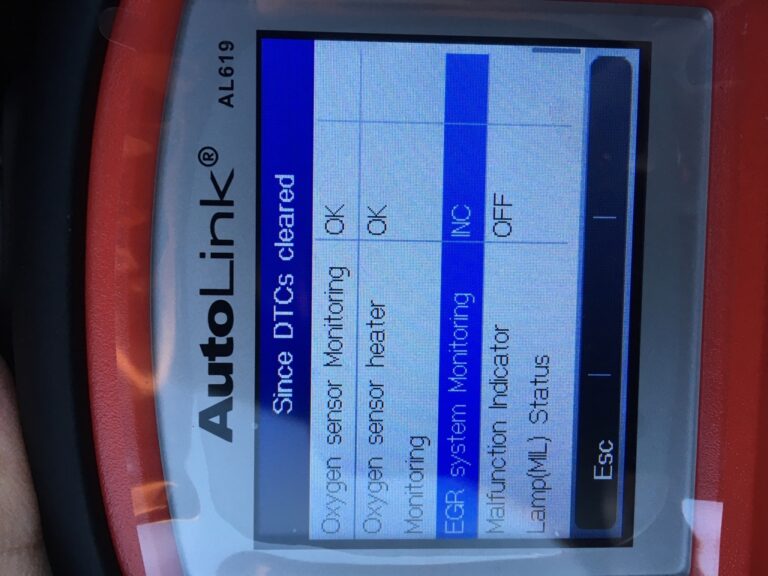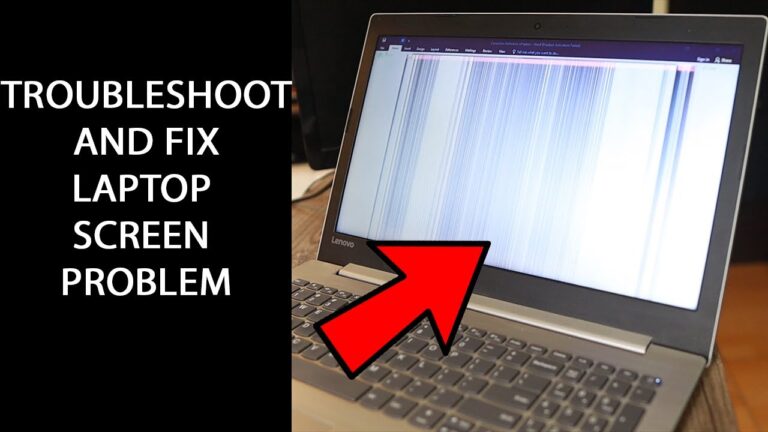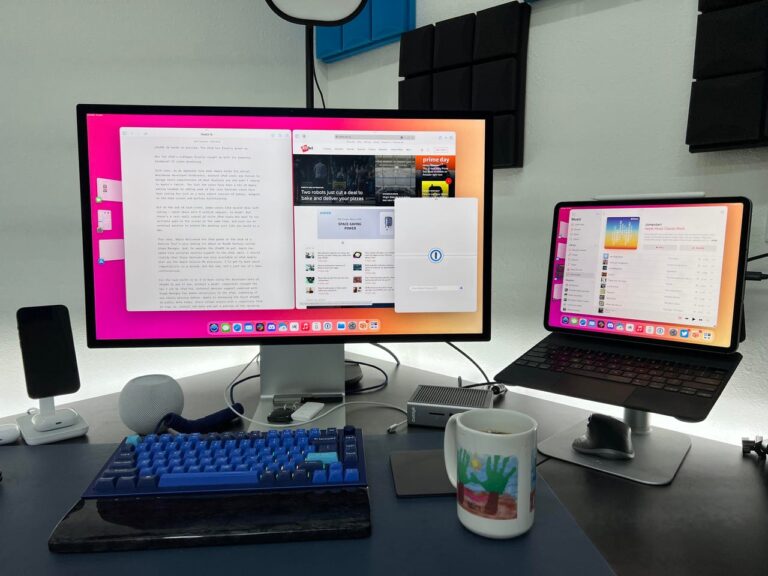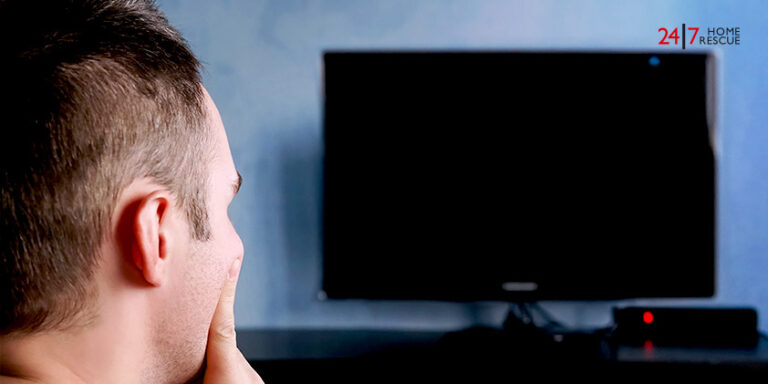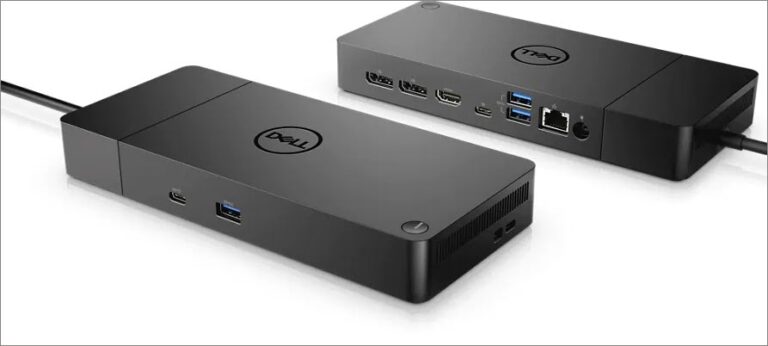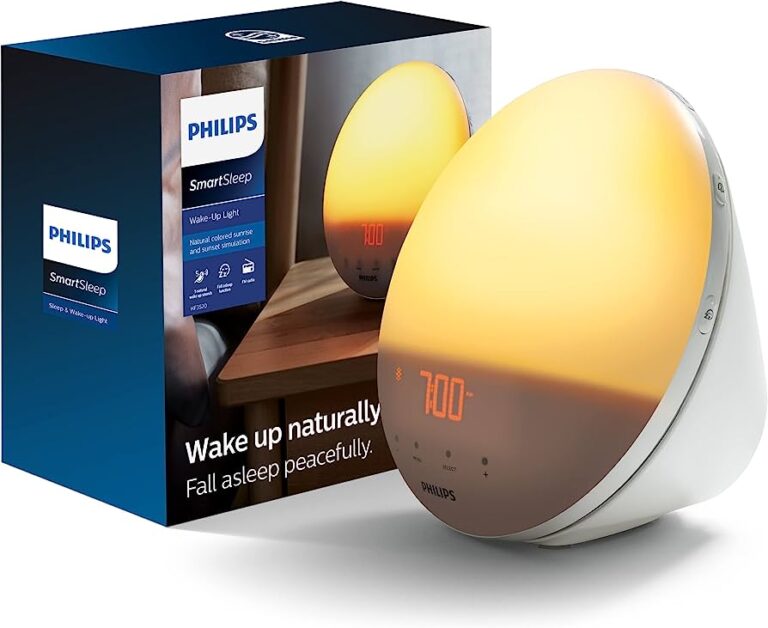What Should You Not Do With a Holter Monitor: Top 5 Mistakes to Avoid
When using a Holter monitor, it is important to avoid electric blankets, electric razors and toothbrushes, magnets, metal detectors, and microwave ovens. These items can interfere with the functioning of the monitor and affect the accuracy of the readings.
Having a Holter monitor requires certain precautions to ensure accurate results. It is essential to avoid certain activities and objects during the monitoring period. This article will provide a concise overview of what you should not do with a Holter monitor and why it is important to follow these guidelines.
By following these recommendations, you can ensure the most accurate results from your Holter monitor and support your healthcare provider in making informed decisions about your heart health.
Misunderstanding Holter Functions
When it comes to understanding the functions of a Holter monitor, it’s crucial to avoid certain misconceptions that could impact its effectiveness. By being aware of these misunderstandings, you can ensure that you get the most accurate results from your Holter monitor. Let’s delve into some key areas where people often have incorrect assumptions:
Incorrect Assumptions About Device Waterproofing
One common misconception is that Holter monitors are waterproof. However, this is not the case. It’s important to remember that you should avoid getting the Holter monitor damp. This means you should refrain from taking a full shower or bath while wearing the monitor. However, you can use moist towels or a washcloth to clean yourself off without compromising the monitor’s functionality.
Overestimating Electrical Interference Resilience
Another misunderstanding is overestimating the resilience of Holter monitors to electrical interference. While it is generally permissible to use cell phones, microwave ovens, and other electronic devices while wearing the monitor, it’s crucial to stay away from high-voltage areas, metal detectors, large magnets, and electric wires. These can introduce electrical interference that may affect the accuracy of the readings.
It’s important to note that your doctor may provide specific instructions tailored to your situation. Always consult with them to understand any additional restrictions or guidelines you should follow during the Holter monitor test.
Holter Monitor Care Misconceptions
While wearing a Holter monitor, it is important to avoid electric blankets, electric razors and toothbrushes, magnets, metal detectors, and microwave ovens. Additionally, try not to get the monitor damp, avoid using electronics near it, and refrain from taking a full shower or bath while wearing it.
Beliefs Around Monitor Robustness
There is a common misconception that Holter monitors are designed to be robust and can withstand various external factors. However, it is important to note that certain activities and objects can interfere with the monitor’s functionality. Here are some beliefs around monitor robustness that you should be aware of:
- Electric blankets: Contrary to popular belief, it is advised to avoid using electric blankets while wearing a Holter monitor. The electromagnetic field generated by the blanket can interfere with the accuracy of the monitor’s readings.
- Electric razors and toothbrushes: Despite their convenience, it is recommended to steer clear of electric razors and toothbrushes while wearing a Holter monitor. The electrical components in these devices can disturb the monitor’s measurements.
- Magnets: It is important to stay away from magnets when wearing a Holter monitor. Magnets can disrupt the monitor’s functioning and result in inaccurate readings.
- Metal detectors: While going through metal detectors is a common part of our daily lives, it is advisable to avoid them if you are wearing a Holter monitor. These devices can interfere with the monitor’s signals and affect the accuracy of the recorded data.
- Microwave ovens: Another misconception is that microwave ovens do not pose a threat to the Holter monitor. However, it is best to avoid using microwaves when you have the monitor on, as they emit electromagnetic radiation that can interfere with the device’s functioning.
Myths About Hygiene With A Monitor
Proper hygiene is crucial when wearing a Holter monitor, but there are some myths surrounding this aspect. Let’s debunk these myths to ensure you take the correct precautions:
- Showering or bathing: Many believe that they can take a full shower or bath while wearing a Holter monitor. However, to prevent any damage to the device, it is important to avoid getting it wet. Instead, you can use moist towels or a washcloth to clean your body.
- Swimming: Similarly, swimming is not recommended while wearing a Holter monitor. The device is not waterproof and may malfunction if exposed to water. It is advisable to stay away from pools, hot tubs, and other bodies of water until the monitoring period is over.
By dispelling these misconceptions, you can ensure the accurate functioning and longevity of your Holter monitor. Remember to follow the guidelines provided by your healthcare provider to derive the maximum benefit from the monitoring process.
Overexerting While Monitored
When wearing a Holter monitor, it is important to avoid electric blankets, electric razors and toothbrushes, magnets, metal detectors, and microwave ovens to ensure accurate readings. It is also recommended to avoid getting the monitor damp and to stay away from high-voltage areas.
Ignoring Physical Limitations With Device
When you are wearing a Holter monitor, it is important to be aware of your physical limitations and not ignore any discomfort or limitations that arise due to the device. It is essential to listen to your body and take necessary breaks or rest when needed.
Ignoring physical limitations can lead to overexertion, which can affect the accuracy and effectiveness of the monitoring results. It is recommended to avoid any strenuous activities that can put excessive strain on your body while wearing the Holter monitor.
Instead, engage in light exercises or activities that do not require intense physical exertion. This will help ensure the reliability of the data captured by the Holter monitor and provide accurate insights into your heart’s performance.
Engaging In Inappropriate Exercise Levels
While wearing a Holter monitor, it is crucial to be mindful of the level of exercise you engage in. Engaging in inappropriate exercise levels can lead to inaccurate heart rate readings and misinterpretation of the data collected by the device.
It is recommended to consult with your healthcare provider regarding the appropriate exercise levels that are safe to be performed while wearing a Holter monitor. They will provide guidance on the intensity and duration of exercises that are suitable for your specific condition.
By adhering to the recommended exercise guidelines, you can ensure that the Holter monitor captures accurate data and provides valuable information for your healthcare team to analyze and make informed decisions about your heart health.
Daily Routines To Reconsider
While wearing a Holter monitor, there are several things you should avoid, such as electric blankets, electric razors and toothbrushes, magnets, metal detectors, and microwave ovens. It is important to follow these guidelines to ensure accurate results from the monitor.
ith a Holter monitor on? · Can I shower or bathe with a Holter monitor on? · Can I exercise while wearing a Holter monitor? · Can I use my cell phone while wearing a Holter monitor?Electronic Devices And Holter Interference
When wearing a Holter monitor, it’s essential to avoid any interference that may disrupt the accuracy of the readings. Electronic devices, in particular, can cause interference and affect the reliability of the Holter monitor’s data. Here are some common household items and wearable technologies that should be kept at a distance to ensure accurate readings:
Common Household Items To Keep Distance From:
- Electric blankets
- Electric razors and toothbrushes
- Magnets
- Metal detectors
- Microwave ovens
Wearable Technologies That Might Affect Readings:
- Smartwatches and fitness trackers
- Wireless headphones
- Electrotherapy devices
- TENS units
- Transcutaneous electrical nerve stimulators
It’s important to note that these items emit electromagnetic fields that can interfere with the Holter monitor’s electrical signals. This interference can lead to inaccurate or incomplete recordings, making it difficult for healthcare professionals to analyze the data and diagnose any potential cardiac abnormalities.
For the most reliable results, it’s recommended to maintain a safe distance from these electronic devices and technologies while wearing a Holter monitor. This will ensure that the recorded data is as precise as possible and enable healthcare professionals to make accurate assessments and treatment recommendations.
Environmental Hazards For Monitors
A Holter monitor is a small device used to track your heart’s activity for an extended period of time. It is crucial to handle the monitor with care to ensure accurate data and avoid any potential damage. Environmental hazards are one of the factors that can lead to data corruption or malfunctioning of the monitor. In this section, we will discuss some often overlooked sources that could cause data corruption and places with potentially damaging electromagnetic fields.
Overlooked Sources That Could Lead To Data Corruption
While wearing a Holter monitor, it is important to be mindful of your surroundings to prevent any interference or corruption of the recorded data. Some commonly overlooked sources that can lead to data corruption include:
- Electric blankets: Use of electric blankets can generate an electromagnetic field that may interfere with the monitor’s signals. Avoid using them while wearing the Holter monitor.
- Electric razors and toothbrushes: These devices also produce electromagnetic fields that can potentially corrupt the monitor’s data. It is advisable to refrain from using them during the monitoring period.
- Microwave ovens: Microwave ovens emit electromagnetic radiation, which can disrupt the signals of the Holter monitor. Keep a safe distance from microwaves to avoid any interference.
Places With Potentially Damaging Electromagnetic Fields
There are certain places where the presence of electromagnetic fields can pose a risk to the functionality of the Holter monitor. To ensure accurate monitoring, it is advisable to avoid the following locations:
- High-voltage areas: Avoid areas with high-voltage equipment or power lines. The strong electromagnetic fields generated in such places can interfere with the monitor’s signals.
- Metal detectors: Passing through metal detectors at airports, malls, or other security checkpoints can disrupt the signals of the Holter monitor. Inform the security personnel about wearing the monitor and request a manual screening if necessary.
- Magnet-containing environments: Stay away from magnetic sources such as MRI machines, magnetic therapy devices, or strong magnets, as they can interfere with the functioning of the monitor.
Properly understanding and avoiding these environmental hazards will help ensure the accuracy and reliability of the Holter monitor’s data. By being cautious and mindful of your surroundings, you can ensure a successful monitoring experience.
Misusing A Holter Monitor: Top 5 Mistakes
When using a Holter monitor, there are certain things you should avoid, such as electric blankets, razors, magnets, metal detectors, and microwave ovens. These can interfere with the monitor’s readings and affect its accuracy. It is important to follow these guidelines to ensure reliable results from the Holter monitor.
Exposing The Device To Damaging Elements
One of the top mistakes you should avoid when using a Holter monitor is exposing the device to damaging elements. This can significantly reduce the accuracy and effectiveness of the monitor, and potentially affect your overall health monitoring. Here are a few damaging elements to be cautious of: 1. Electric blankets: Electric blankets produce electromagnetic fields that can interfere with the Holter monitor’s readings. Avoid using electric blankets while wearing the device to ensure accurate results. 2. Electric razors and toothbrushes: Similar to electric blankets, electric razors and toothbrushes also emit electromagnetic fields that can disrupt the Holter monitor’s performance. If you need to groom or brush your teeth, use manual alternatives instead. 3. Magnets: Magnets can interfere with the electrical impulses recorded by the Holter monitor, leading to inaccurate readings. Avoid using magnets or getting too close to magnetic objects while wearing the device. 4. Metal detectors: Metal detectors, commonly found in airports or security checkpoints, emit electromagnetic waves that can disrupt the functioning of the Holter monitor. Inform security personnel about your device and ask for an alternative screening method to prevent any interference. 5. Microwave ovens: Microwaves emit electromagnetic radiation that can interfere with the Holter monitor’s readings. It is best to avoid standing close to or using microwave ovens while wearing the device. By being cautious and avoiding these damaging elements, you can ensure the Holter monitor provides accurate and reliable data for your healthcare provider to evaluate your heart’s condition effectively. Taking these precautions will help you get the most out of your monitoring experience and facilitate accurate diagnosis and treatment.
Credit: www.bicycling.com
Personal Care Pitfalls
If you have a Holter monitor, it’s important to take certain precautions to ensure the device functions properly and provides accurate readings. While you may still go about your daily activities, there are personal care pitfalls you should be aware of to avoid compromising the integrity of the monitor. Below are some hygiene actions and clothing choices that you should steer clear of:
Hygiene Actions That Can Compromise Device Integrity
- Avoid showering or swimming while wearing the monitor.
- Do not get the monitor damp.
- Instead of taking a full shower or bath, use moist towels or a washcloth for cleaning.
Clothing Choices That Might Affect Monitor Accuracy
- Do not wear clothing that has electric wires integrated into it.
- Avoid tight clothing that may interfere with the placement and positioning of the monitor.
- Choose loose and comfortable clothing, especially if you are wearing the monitor for an extended period of time.
Frequently Asked Questions For What Should You Not Do With A Holter Monitor
Can I Use My Cell Phone While Wearing A Holter Monitor?
Yes, it is generally permissible to use your cell phone while wearing a Holter monitor. However, you should avoid activities such as showering, bathing, or swimming. Additionally, it is recommended to stay away from magnets, metal detectors, and high-voltage areas.
Make sure to follow any specific instructions given by your healthcare provider.
Can I Drink Coffee While Wearing A Holter Monitor?
Yes, you can drink coffee while wearing a Holter monitor. There are no restrictions on consuming coffee or any other beverages while using the monitor.
What Can Mess Up A Holter Monitor?
Factors that can mess up a Holter monitor include electric blankets, razors, toothbrushes, magnets, metal detectors, and microwave ovens. These items should be avoided to ensure accurate results. Additionally, showering, swimming, and taking X-rays should also be avoided while wearing the monitor.
Is It Ok To Exercise While Wearing A Holter Monitor?
It is generally acceptable to exercise while wearing a Holter monitor. However, it is important to follow your doctor’s instructions and guidelines. Avoid getting the monitor wet and refrain from activities that may interfere with the readings, such as high-voltage areas, metal detectors, or magnets.
Always consult with your healthcare provider for specific recommendations.
Conclusion
In order to ensure accurate readings and proper functioning of your Holter monitor, it is important to avoid certain activities. Do not expose the monitor to electric blankets, razors, toothbrushes, magnets, metal detectors, and microwave ovens. Additionally, refrain from taking a full shower or bath while wearing the monitor.
However, you can still carry out your daily activities like running errands, going to work, and visiting friends. Remember to follow these guidelines to ensure the effectiveness of your Holter monitor.
